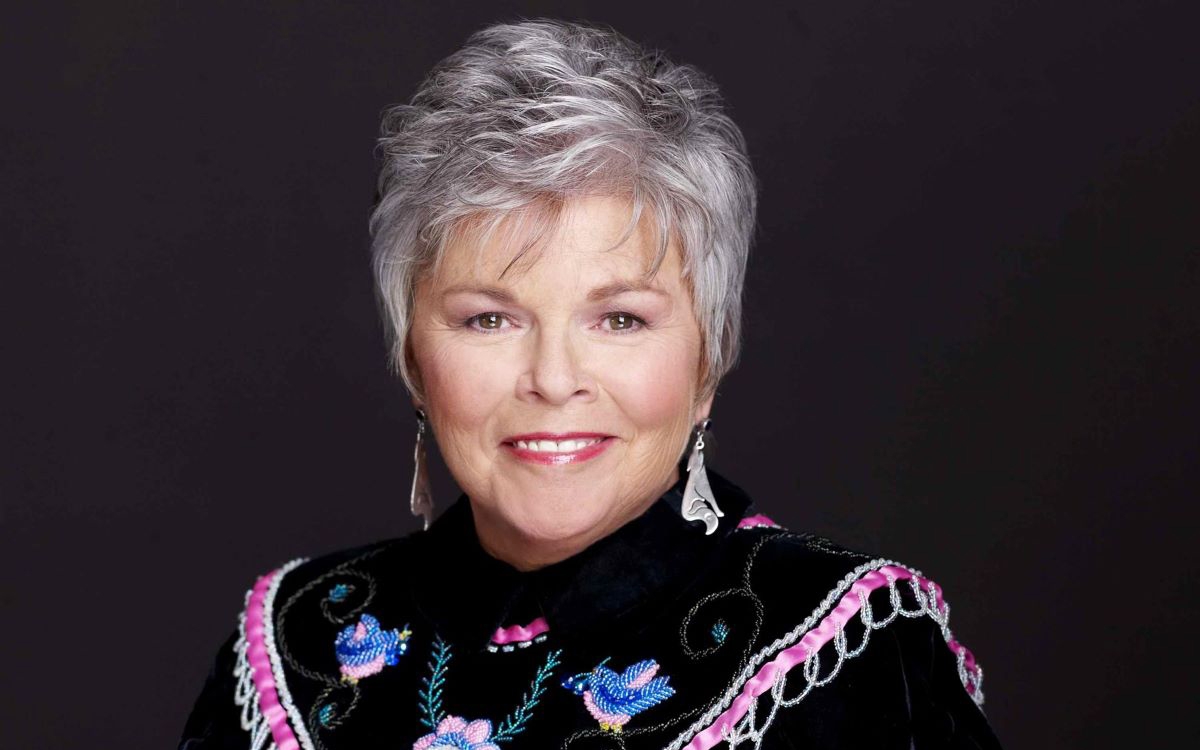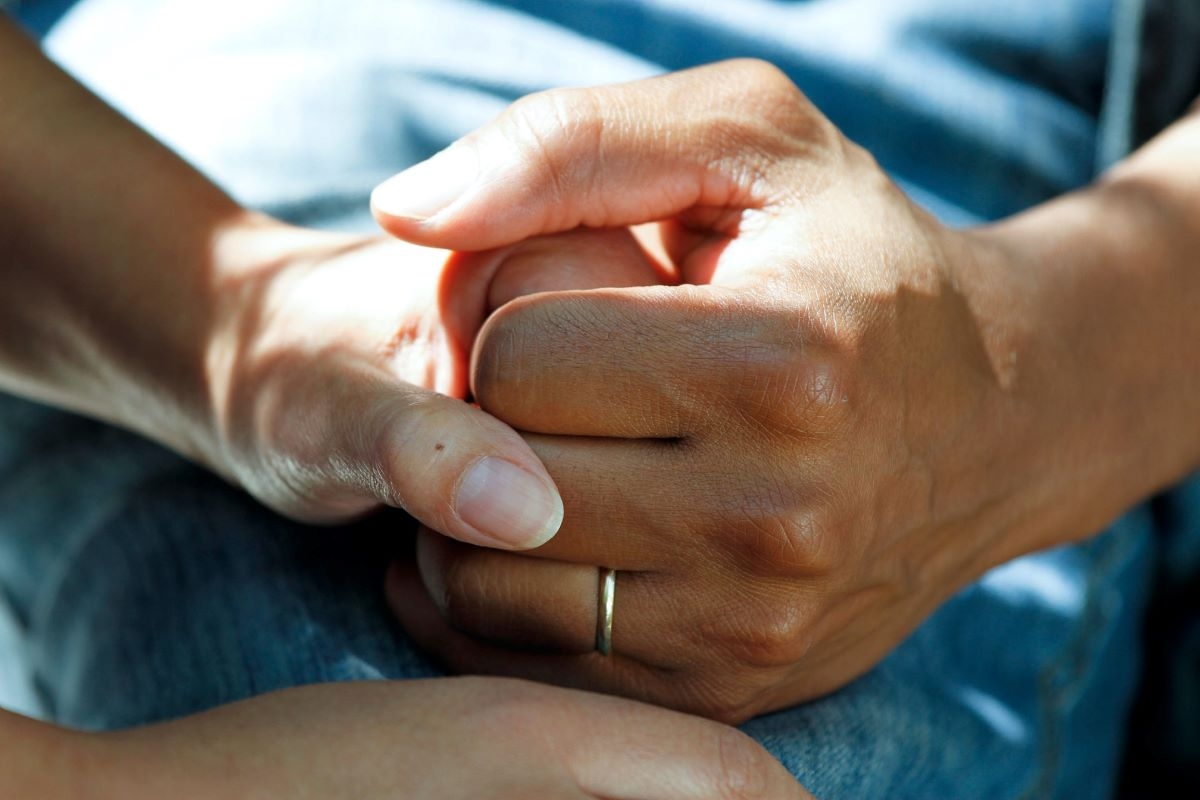
OLM Poll for Governor General Winner: Roberta L. Jamieson, O.C.
Roberta L. Jamieson, OC, is a Canadian lawyer and First Nations activist known worldwide for her work in non-adversarial conflict resolution. She was selected as the popular choice for the next Governor General in Ottawa Life Magazine’s recent poll.
Jamieson was the first Indigenous woman ever to earn a law degree in Canada and the first non-Parliamentarian to be appointed an ex officio member of a House of Commons committee. Later, she was the first woman appointed as Ontario Ombudsman.
Growing up in a large family on the Six Nations of the Grand River territory in Brant County, Ontario, she learned to be an effective conciliator between her eight siblings. This skill would later define her career as one of the principle architects of non-adversarial conflict resolution.
Jamieson started her education at McGill University in 1970 set on a career in medicine. But during her undergraduate degree, she became embroiled in the situation of the James Bay Cree, an Indigenous nation whose traditional hunting grounds were flooded to make way for a massive hydroelectric project in the 1970s. After her involvement in this struggle, Jamieson realized the best way she could help First Nations defend their rights and interests was by studying law. She graduated from the University of Western Ontario’s law school in 1976.
As a lawyer, Jamieson worked primarily as a policy advisor in government bodies. She first served as the commissioner of the Indian Commission in Ontario, then became Ontario’s Ombudsman in 1985. As Ombudsman, she instituted consultations with the aboriginal community in the province to ensure their voices and opinions were heard and paid due attention. After ten years at this post, she was elected the first female chief of the Six Nations of the Grand River Territory.
Her notable career as a conflict resolver, problem solver, advisor and advocate was founded upon her upbringing in the Six Nations of the Grand River Territory and her early awareness of Mohawk political traditions. Heather Ball, author of Great Women Leaders, a book which contains a chapter on Jamieson (among other legendary women, like Rosa Parks) describes the practice of “holding council” in Mohawk tradition. Here, people gathered, opined, shared, spoke, and kept communicating until consensus was reached. This practice, Ball writes, is signature to Jamieson’s work, which holds that “decisions should be reached by discussion and consultation in a cool-headed manner, rather than through angry confrontation.”
Jamieson is recognized worldwide for her work in non-adversarial conflict resolutions and alternative dispute resolution methods. She received the Goodman Fellowship from the University of Toronto in 1991, and the international Association for Conflict Resolution’s Mary Parker Follet Award in 1992 for her passionate, bold advocacy. On April 13th, 1994, she was awarded the Order of Canada, and was promoted to an Officer of the Order of Canada in June, 2016.
Charity and non-profit work are a large part of Jamieson’s impact on the lives of many Canadians—and specifically Indigenous people— throughout her career. She was a founding board member of the Canadian Native Law Students Association and the Centre for Research in Women’s Health, and a founding chair of the international media arts festival ImagineNATIVE, which showcases the work of Indigenous artists.
Most notably in this area is Jamieson’s current position as the president and CEO of Indspire, an Indigenous-led charity that invests in the education of First Nations, Inuit, and Metis people. Indspire is Canada’s largest Indigenous-led charity and one of the top ten charities in Canada. Jamieson intends to step down from her post in February, 2021 after 17 years of leadership.
As Governor General of Canada, if appointed, Jamieson would be the first Indigenous person to hold the role. She is recognized worldwide for her conflict resolution and advocacy work and has spent her life fighting and defending the rights of Indigenous people. Though Governor General is a ceremonial role her appointment as the Canadian head of state would both make a major positive impact for Indigenous people and Canada as a whole, and honour the life’s work of an incredible woman.









